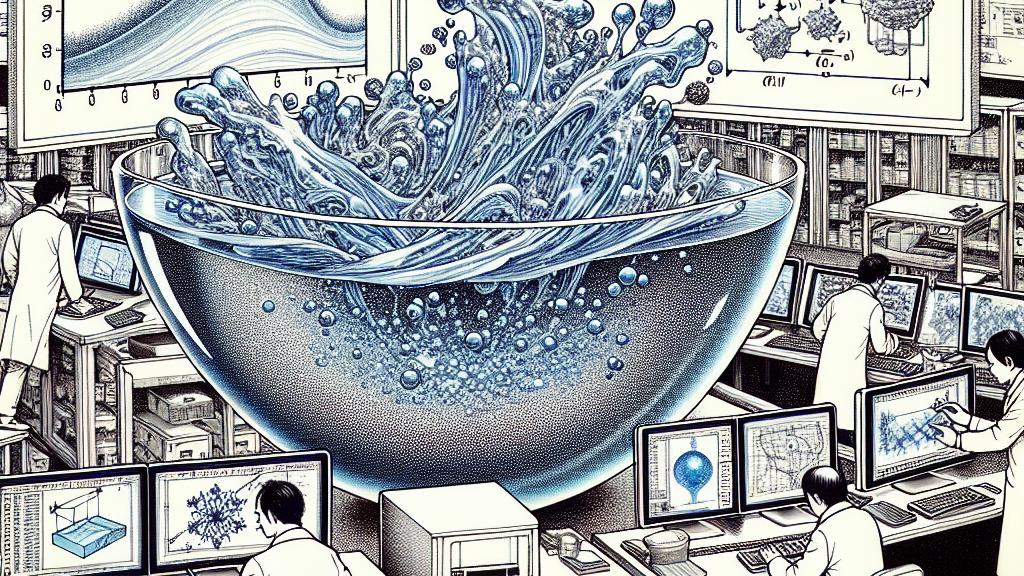How Computer Simulations Can Improve Glass Quality and Cut Costs
Overview
- Harnessing supercooled liquid dynamics could revolutionize the glass industry.
- Innovative computer simulations reveal complex particle behaviors and interactions.
- These advancements promise stronger, more affordable glass for everyday applications.

The Fascinating World of Supercooled Liquids in Japan
In the innovative landscape of Japan, researchers at the University of Tokyo are diving deep into the captivating realm of supercooled liquids. Picture this: substances that are lowered in temperature to the point they remain in a liquid state, defying their natural freezing tendencies. It’s like trying to keep a bowl of water from freezing on a snowy day! By leveraging advanced computer simulations, scientists are unlocking the detailed mechanics of how particles operate within these glassy materials. Their work unravels the mystery behind how these particles interact, which doesn’t just enhance glass quality but also dramatically reduces manufacturing costs. This dual benefit is something everyone, from consumers to manufacturers, can smile about.
Decoding Particle Movement for Superior Glass Production
When most people think of glass, they may envision its clear, shiny surface and various decorative uses. However, the real intrigue lies at the molecular level, where the action is truly fascinating. The research team points to a vital process known as the 'T1 process'—think of it as the rhythm of a concert that features a perfectly coordinated dance. If these particles can maintain their order through cooperation, the result is not merely a standard glass product but one that is enhanced in strength and durability. Imagine a smartphone with a screen that can take a tumble without cracking; this innovation could transform how we view our everyday devices, making them both tougher and longer-lasting.
Economic Benefits from Advanced Simulation Techniques
Now, let's shift gears and look at the economic implications of these cutting-edge discoveries. By mastering the complex dynamics of supercooled liquids, manufacturers could dramatically refine their production processes, minimizing waste while maximizing efficiency. Imagine a future where creating premium glass costs significantly less, thereby allowing consumers to access high-quality products at reasonable prices. This breakthrough does not just enhance production; it revolutionizes the entire economic structure of glass manufacturing. With newly engineered materials that are both efficient and superior in quality, consumers can anticipate products that simplify their lives while being easy on the wallet—it's an enticing prospect that could reshape the market as we know it!

Loading...